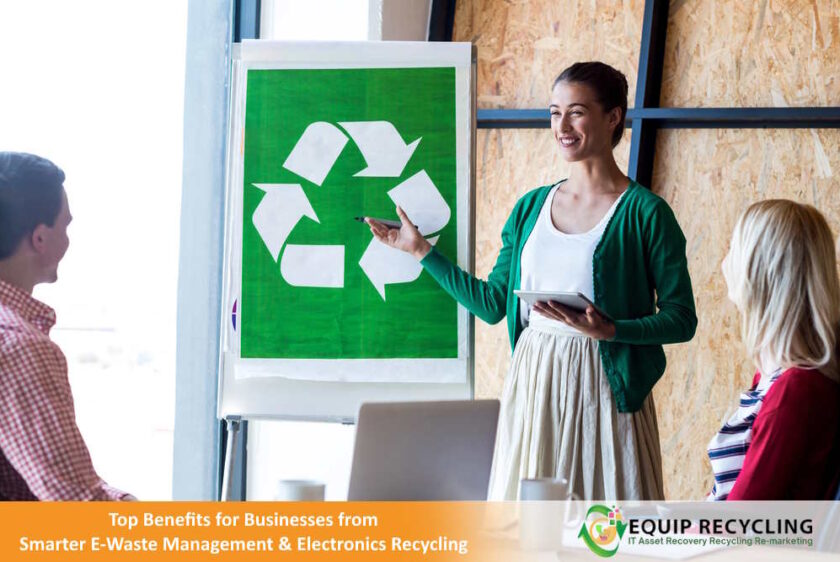The business environment has transformed over the past 20 years. Companies now face stronger competition, higher costs, and greater environmental responsibilities. To stay competitive, a business must find ways to operate efficiently, protect the environment, and maintain sustainability. Waste management and recycling remain key steps toward these goals.
Global municipal solid waste could rise by 70% and reach 3.4 billion metric tons by 2050. Businesses need to know how to handle waste effectively, keep costs under control, and gain measurable benefits. Understanding these points helps create a plan that is both practical and profitable.
The Organization for Economic Co-operation and Development (OECD) reports that only 9% of plastic waste is recycled worldwide. About 22% is mismanaged and ends up polluting the environment. Recycling reduces the amount of waste sent to landfills and helps protect natural resources.
Sensoneo’s Global Waste Index 2022 shows that reported recycling rates can be misleading. Many facilities count all incoming waste as recycled, even if much of it is later burned. Only a small portion is truly reused. The report compares waste management practices across 38 OECD member countries and tracks progress between 2019 and 2022.
Recycling has a deeper environmental impact than most people realize. It reduces landfill use, lowers demand for raw materials, and decreases air pollution from manufacturing. Many recycling plants now use renewable energy sources such as wind and solar power. This reduces fossil fuel consumption and limits carbon dioxide emissions.
Businesses aim to meet waste diversion targets set by local or state regulations. Meeting these targets can qualify a company for tax credits or help avoid costly fines. Some cities offer extra incentives, such as public recognition or cash rewards, for hitting these milestones.
Recycling can be more affordable than regular disposal services. A strong recycling program reduces landfill use, reclaims materials, and supports the production of new goods. This means your business buys fewer raw materials and replaces items less often.
Sending less waste to disposal sites cuts down on hauling and shipping costs. Fewer trips save fuel and reduce labor hours. Some municipalities provide free or discounted recycling services, including curbside pickup, to encourage proper sorting and collection.
Recycling limits waste production and helps lower overall energy consumption. It decreases the need to extract raw materials from the earth and transport them to processing facilities.
Recycling also reduces the amount of waste that must be processed before disposal. This cuts emissions in two ways. First, it lessens pollution from burning waste materials. Second, it decreases methane released as garbage decomposes in landfills.
Many businesses can qualify for tax credits when they recycle. A tax credit works as an extra deduction, providing financial savings for companies that adopt greener practices.
These credits can help fund recycling bins, collection equipment, or other environmental initiatives. They are especially useful for businesses starting out with limited budgets. Incentives make it easier to begin recycling now while saving more in the future.
Recycling reduces environmental impact, lowers costs, and supports compliance with regulations. It can improve a company’s reputation and boost employee morale. In most cases, the long-term advantages outweigh the initial investment.
Equip Recycling can manage your e-waste recycling needs. Call us today to schedule a pickup in our service areas.
